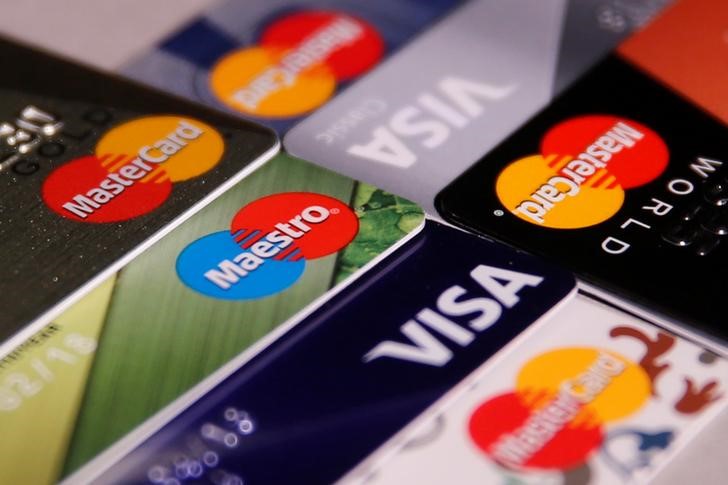The Wall Street Journal reported Wednesday that the Federal Reserve is set to suggest lowering the fees that merchants pay to banks when consumers use debit cards.
The publication said the Fed is proposing the fees be reduced by about 30%. Merchants currently pay large card issuers such as Bank of America Corp (NYSE:BAC) and JPMorgan Chase (NYSE:JPM) 21 cents plus 0.05% of the transaction amount. This level was set by the Fed in 2011.
However, the Fed has the ability to lower the fees if it believes the costs of processing card payments are falling. However, it has never previously done so.
If the reported proposal is pushed through, the fees would be reduced by about 30%, from 21 cents plus 0.05% of the transaction amount to 14.4 cents plus 0.04%. The Fed would also adjust the fees every other year, suggesting that more reductions could be coming. It would also increase the fraud-prevention fee.
Merchants have been lobbying for lower swipe fees for years, arguing that they drive up costs for consumers. Banks say the fees are necessary to cover the costs of processing debit card transactions and preventing fraud.
The WSJ said that the Fed revealed on Wednesday that its data shows costs to debit-card issuers have declined in recent years, which is the reason regulators want to lower the fees.
Even if the Fed votes to issue the proposal, it will collect public comment that will likely include heavy lobbying from card issuers and merchants and congressional attention. In addition, it will collect public comment and then require a final vote by its governors before it can be implemented.
